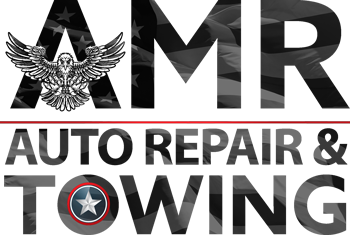How to Choose the Right Fuel for Your Vehicle
September 15, 2020 11:06 pm Leave your thoughtsYou probably see a variety of fuel choices every time you fill up, but likely do not think much about them. However, many makes and models of cars run better on premium fuel, and you may own one of them. It is tempting to go with the least expensive unleaded fuel available, but you may be taking years off your engine’s life. Here are five tips for choosing the right fuel in Salt Lake City, UT:
- Check your manual: Your car’s owner’s manual indicates any preference in higher octane gasoline. You may also see a label on your car’s gas tank. If the manual or a label states “premium fuel required,” start filling up with premium fuel. Other vehicles may state “premium fuel recommended.” This allows you some flexibility, but keep in mind that using a higher octane results in better fuel economy and performance. However, if your manual indicates that 87 octane gasoline is good enough, stick with that option. Choosing premium gasoline for these vehicles is simply a waste of money.
- Experiment: If your car lands in the “premium fuel recommended” category, experiment with different octanes and see where you achieve better fuel efficiency and performance. Each time you want to try something new, first empty the tank as low as possible. Fill it up with the new octane and reset your trip odometer. When you refill, divide the miles driven on that tank into the number of gallons required to refill. That results in a miles-per-gallon estimate. Repeat this process until you determine the best fuel economy, and make any notes on performance.
- Do not assume fuel is the problem: Many customers start using higher octane gas because they hear pre-ignition knocks or find their older cars run poorly. In many of these instances, you don’t need high octane gas—you need a tune-up. The price of multiple fill-ups on premium fuel will exceed the cost of repair and maintenance before long, so even in this case, it is likely a waste of money.
- Consider altitude: A trip to the mountains often demands lower octane gas. High altitudes produce denser air, and that affects fuel burn in your engine. Depending on how long you are staying, your usually 87 octane car may require 85 octane. If you are staying at least a week, choose the fuel type you normally use, like regular or premium, and trust the octane numbers will be best for now. However, if you are merely passing through, buy just enough gas to get you to lower elevation. Once there, fill up on your usual fuel choice.
- Never put gasoline in a diesel engine: This really goes without saying, but it’s a common mistake. No matter how desperate you are, do not assume gasoline will work in a diesel engine—even for a short distance. Since there is only one grade of diesel, fill up when you can, and hopefully you will never face the dilemma of a nearly-empty gas tank and no diesel fuel available.
AMR Auto Repair & Towing offers auto repair, towing and roadside assistance in the Salt Lake City, UT area. Contact us today if you suspect your car’s troubles are due to the wrong fuel choices.
Categorised in: Mechanic
This post was written by Writer
